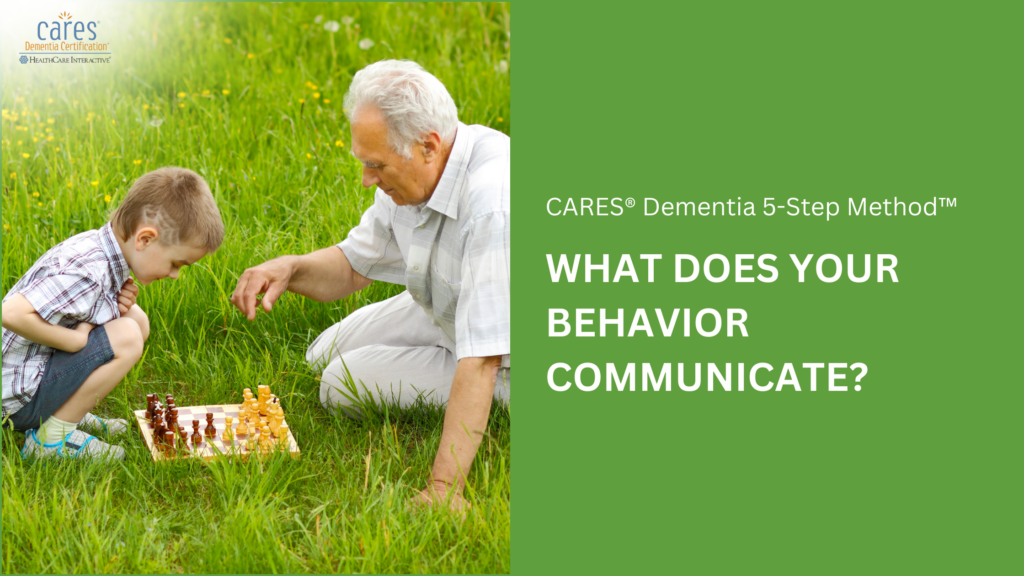A Person living with dementia may struggle to understand the words you say, but they will understand How you communicate—the tone of your voice, your facial expressions, body language, and overall attitude—has a significant impact on how your message is received. Even if the words are unclear, your feelings and intentions can still be understood.
Understanding Emotional Intelligence in Caregiving
Understanding emotional intelligence is essential when caring for someone living with dementia. It helps you recognize and manage both your emotions and of the person you are caring for, ensuring your communication is more effective and compassionate.
Give Your Full Attention
If you’re a caregiver, focusing solely on tasks like ensuring the person living with dementia has eaten or taken their medicine is not enough. It’s important to provide person centered care.
Consider these options:
• Engage in conversation: Include the person with dementia in meaningful exchanges, even if the dialogue is simple.
• Use non-verbal cues: Smile, make eye contact, and adopt an open posture to communicate warmth and care. The importance of body language in dementia care cannot be overstated as non-verbal cues speak volumes..
• Show patience and empathy: Be understanding and supportive, even if the conversation or activity takes longer than expected..
Avoid distractions like texting or checking your emails during these interactions. When you give your undivided attention, it shows that you value them as a person, not just as someone to care for. Small gestures of connection can make a big difference in creating a sense of comfort and understanding.
Would you like to earn your certification in CARES® Dementia 5-Step Method?
Start now and gain access to Module 1 for free at www.hcinteractive.com/5StepDemo.
Don’t miss out—this limited-time offer is available now!

